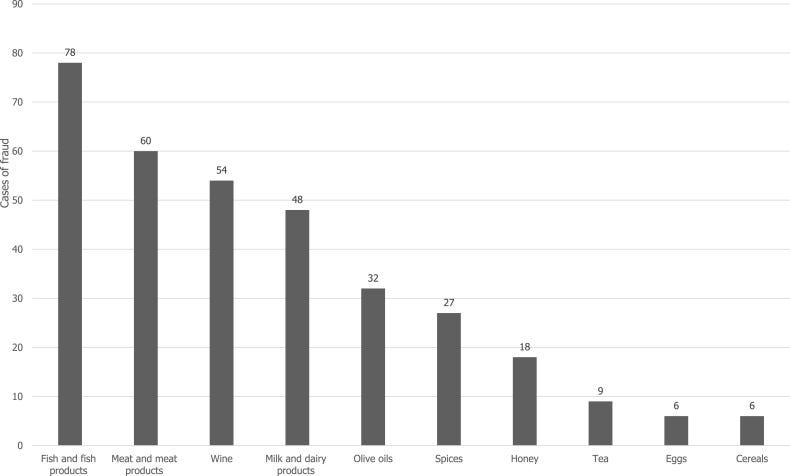Essential Insights for Selecting Quality Olive Oil
Written on
Understanding Olive Oil: A Vital Kitchen Staple
Olive oil has always been a staple in my life, as my mother relied on it for numerous remedies. As Norma Kamali famously noted, it serves as a solution for various needs. In our household, we exclusively use extra virgin olive oil, with vegetable oil making rare appearances during deep frying.
When it comes to selecting the right olive oil, caution is paramount.
Warning: Beware of Imitation Olive Oils
Research indicates that up to 70% of olive oil sold in the USA is counterfeit, a startling statistic that highlights the need for vigilance. As a science enthusiast, I understand the significance of data, and these numbers are alarming.
My go-to source for extra virgin olive oil is Costco, which I highly recommend if you have access to one. For those without a membership, the Kirkland brand is also available on Amazon.

What is Olive Oil?
At its core, olive oil is a nutritious liquid fat derived from olives. Scholars suggest that the olive tree originated in ancient Mesopotamia and Persia before spreading globally. Remarkably, olives have even been discovered in Egyptian tombs dating back to 2000 BC.
Nutritional Overview of Extra Virgin Olive Oil
One tablespoon of extra virgin olive oil contains:
- Calories: 126
- Total Fat: 14 grams
- Saturated Fat: 2.3 grams
- Polyunsaturated Fat: 0.97 gram
- Monounsaturated Fat: 10.4 grams
- Protein: 0 grams
- Carbohydrates: 0 grams
- Fiber: 0 grams
- Free from cholesterol, sugar, sodium, and gluten
- Vitamin E: 13% of the daily value (DV)
- Vitamin K: 7% of the DV
8 Essential Tips for Choosing Olive Oil
- Extra Virgin: Always opt for extra virgin to ensure quality.
- Cold Pressed: This method preserves the oil's nutrients and flavor.
- Single Country Source: Look for oils sourced from a single country to ensure authenticity.
- Glass Bottles: Prefer glass over plastic, as it protects the oil from light and heat exposure.
- Unfiltered: Unfiltered oils often retain more flavor and nutrients.
- Organic: Choose organic oils whenever possible.
- Check Dates: Look for the best-by or harvest date for freshness.
- Bottle Size: Consider the size of the bottle, as smaller amounts are usually fresher.
Now, let's explore some practical resources on choosing olive oil.
5 Pro Tips for Buying Olive Oil - This video provides expert recommendations to help you select the best olive oil for your kitchen.
Considering the Source of Olive Oil
When shopping, be cautious of labels indicating oils from multiple countries. If you see a blend from Spain, Greece, and other regions, it's best to avoid it due to traceability concerns. I primarily shop at Costco, and if unavailable, similar quality extra virgin olive oil can be found on Amazon.
The Importance of Packaging
Always choose oil in glass bottles, as they are better for preserving quality compared to plastic. Even if the bottle's best-by date appears long, it's best to use the oil within two to three months after opening.
The Best-by Date: A Key Indicator
Freshness is crucial for olive oil. Although it can last around two years post-bottling, always check for a recent best-by or harvest date to ensure quality.
My Experience with Daily Olive Oil Intake
I consumed a tablespoon of extra virgin olive oil daily for 32 days, and the results were enlightening.
What You Need to Know About Shopping for Olive Oil - This video elaborates on critical considerations when purchasing olive oil.
Conclusion: Prioritize Quality
In summary, it's essential to be discerning about both the food and products you choose for your health. Here’s a recap of the eight expert tips for selecting the best olive oil:
- Extra virgin
- Cold pressed
- Single country source
- Prefer glass bottles
- Unfiltered
- Organic
- Best-by date
- Consider bottle size
For new readers, I invite you to explore my journey through holistic health, productivity, and well-being, which includes over 30 days of experiments aimed at fostering a sustainable lifestyle.
Disclaimer: This content is based on personal observations and experiences, not professional health advice. It may also include affiliate links.